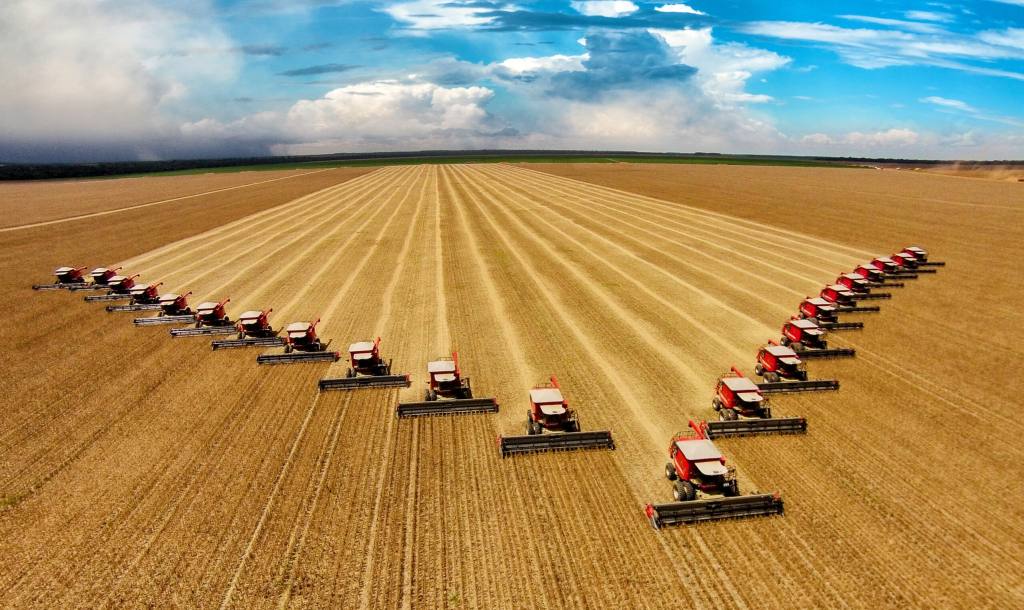How Entrepreneurs Are Changing the Economy

Entrepreneurs are often seen as the driving force behind economic growth and innovation. They introduce new products and services, create jobs, and disrupt traditional industries, leading to significant changes in the way economies function. Understanding the impact of entrepreneurs on the economy provides insight into the future of business and economic development.
Driving Innovation and Economic Growth
Entrepreneurs are the backbone of innovation. They identify gaps in the market, create solutions, and bring new products or services to life. This innovation not only satisfies consumer demand but also drives competition within industries. As new businesses emerge, established companies are forced to adapt, leading to further innovation and improvement. Over time, this cycle of innovation stimulates economic growth by increasing productivity, improving efficiency, and creating new markets.
For instance, the rise of technology startups has revolutionized various sectors, from finance to healthcare. Companies like Apple, Google, and Amazon began as entrepreneurial ventures and have since transformed entire industries. Their success has not only created wealth but also spawned new industries, such as app development and e-commerce, contributing to a more dynamic and diverse economy.
Job Creation and Economic Stability
One of the most direct ways entrepreneurs impact the economy is through job creation. New businesses need employees to operate, leading to increased employment opportunities. As these businesses grow, they continue to hire more workers, contributing to lower unemployment rates and greater economic stability.

Small businesses, often founded by entrepreneurs, are particularly important in this regard. They account for a significant portion of job creation, especially in developing economies. By providing employment opportunities, entrepreneurs help reduce poverty and improve living standards, leading to more stable and prosperous communities.
Furthermore, as businesses expand, they often require services from other companies, creating a ripple effect that stimulates job growth in other sectors. This interconnectedness highlights the broader economic impact of entrepreneurship, as the success of one business can lead to opportunities for many others.
Disrupting Traditional Industries
Entrepreneurs are known for their ability to disrupt traditional industries. By introducing new business models, products, or technologies, they challenge the status quo and force established companies to adapt. This disruption can lead to increased competition, lower prices, and better products for consumers.
The rise of ride-sharing companies like Uber and Lyft is a prime example of entrepreneurial disruption. These companies challenged the traditional taxi industry by offering a more convenient and often cheaper alternative. As a result, the taxi industry had to adapt by improving services, lowering prices, and incorporating technology to remain competitive.
Such disruptions can lead to significant changes in the economy, as industries that were once dominant may shrink while new industries emerge. This dynamic process of creative destruction is a key feature of a healthy economy, as it ensures that resources are allocated efficiently and that consumers benefit from the best products and services available.
Encouraging Economic Diversification
Entrepreneurs play a crucial role in encouraging economic diversification. By entering new markets and creating businesses in various sectors, they reduce the economy’s reliance on a single industry. This diversification is particularly important for economies that have historically depended on a limited number of industries, such as agriculture or manufacturing.
For example, in regions heavily reliant on oil production, entrepreneurs have been instrumental in developing alternative energy sources, such as solar and wind power. By diversifying the economy, these entrepreneurs help mitigate the risks associated with dependence on a single industry, such as price fluctuations or resource depletion.
Economic diversification also fosters resilience, as a diversified economy is better equipped to withstand economic shocks. When one industry faces a downturn, other sectors can help cushion the impact, ensuring that the economy remains stable and continues to grow.
Conclusion
Entrepreneurs are pivotal in shaping the modern economy. Through innovation, job creation, industry disruption, and economic diversification, they contribute to a dynamic and resilient economic landscape. As more individuals embrace entrepreneurship, the economy will continue to evolve, offering new opportunities and challenges. For those interested in learning more about the role of entrepreneurs in the economy, various resources and case studies are available on websites dedicated to business and economic analysis. The future of economic growth and stability will be closely tied to the ability of entrepreneurs to adapt, innovate, and lead in a rapidly changing world.








